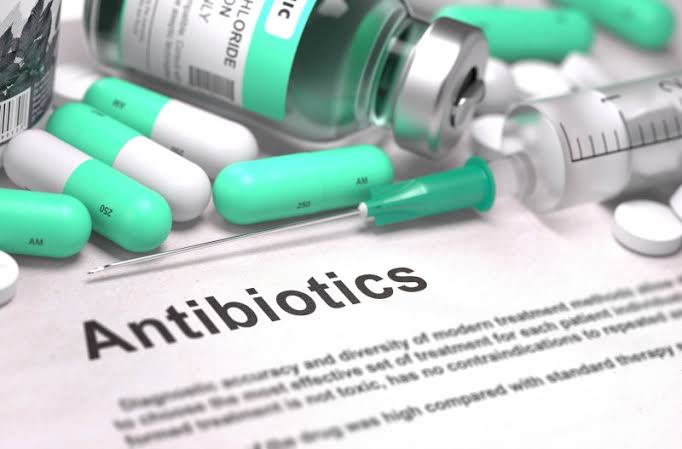A new study led by researchers in South Korea has found that girls given antibiotics during their first year of life, especially in the first three months, are more likely to enter puberty at an earlier age.
The findings were presented at the first Joint Congress between the European Society of Paediatric Endocrinology (ESPE) and the European Society of Endocrinology (ESE) which is taking place in Copenhagen, Denmark from May 10 -13.
According to the research, the likelihood of early puberty was also higher among those exposed to a greater variety of antibiotic classes.
Early puberty, also known as central precocious puberty (CPP), is a condition characterised by the early onset of secondary sexual development in children.
In girls this means before age eight and, in boys, before age nine. In this study, researchers from Hanyang University Guri Hospital and Hanyang University Medical Center, in South Korea analysed data on the antibiotic intake of 322,731 children, aged 0–12 months, in South Korea.















